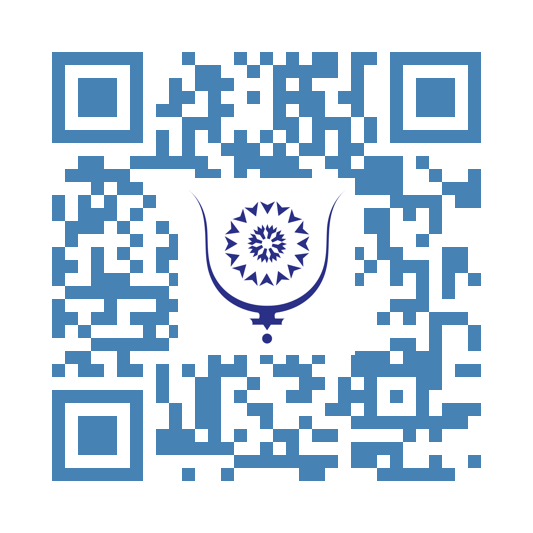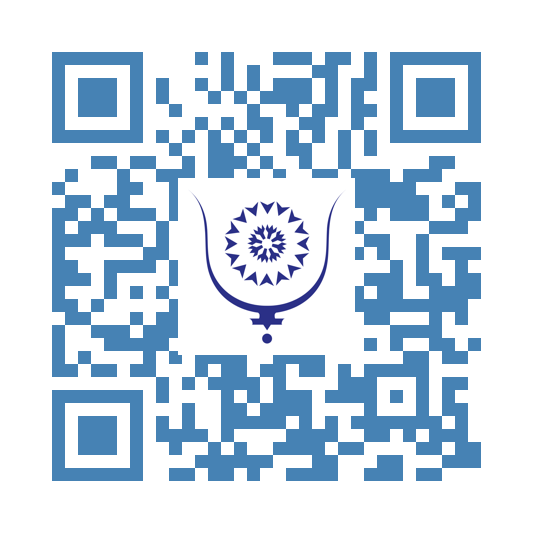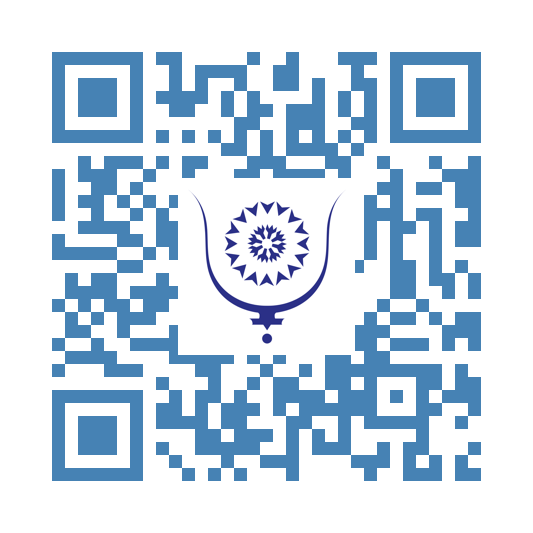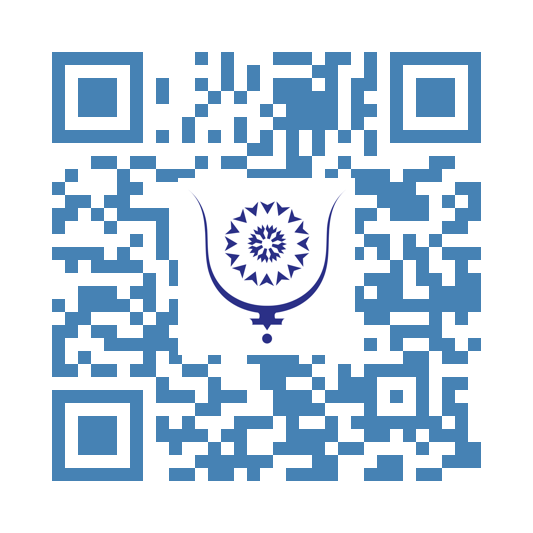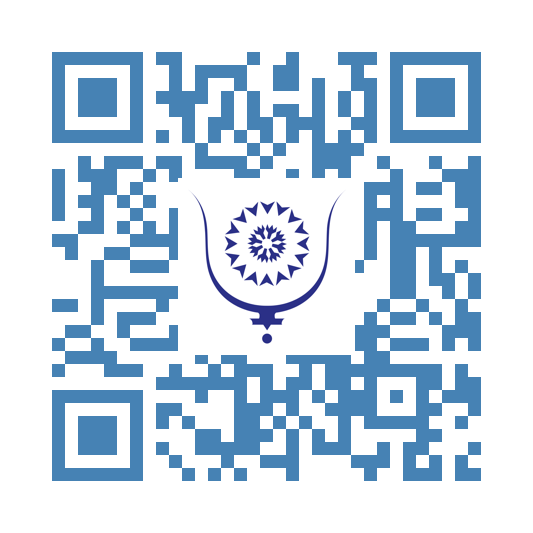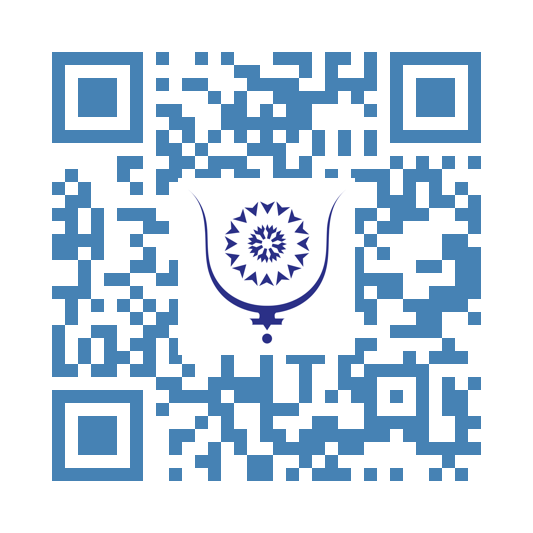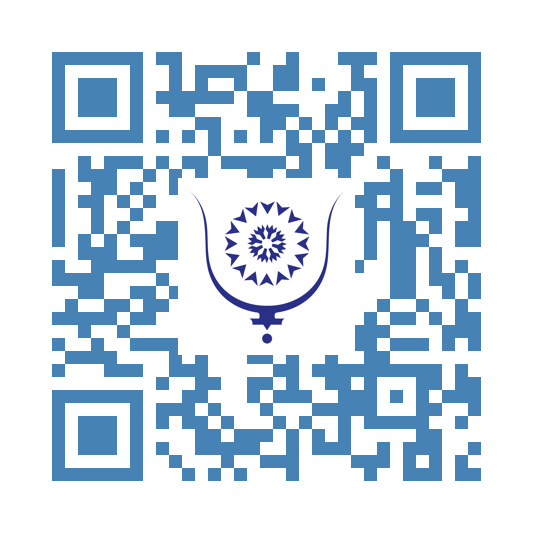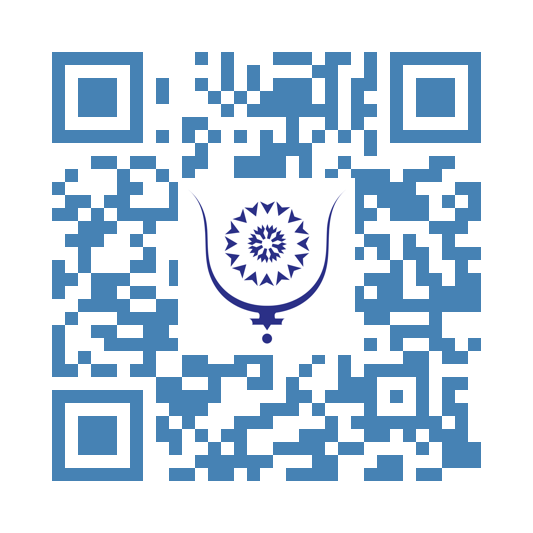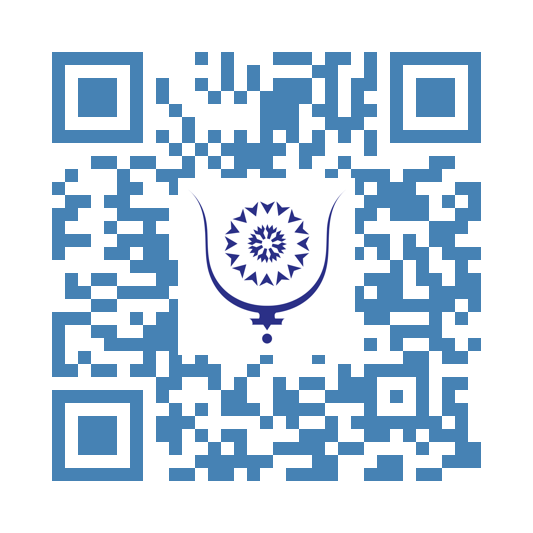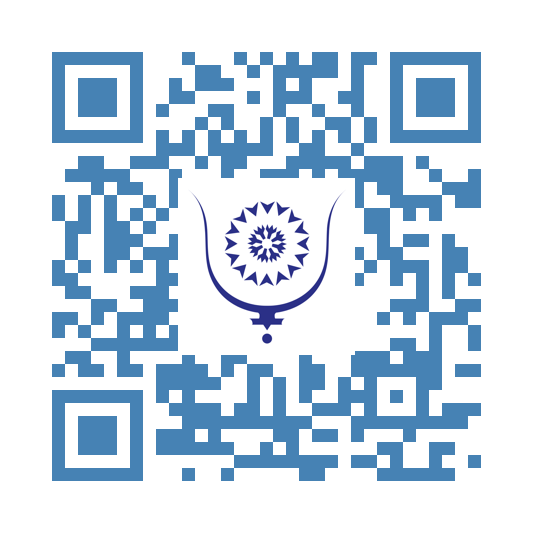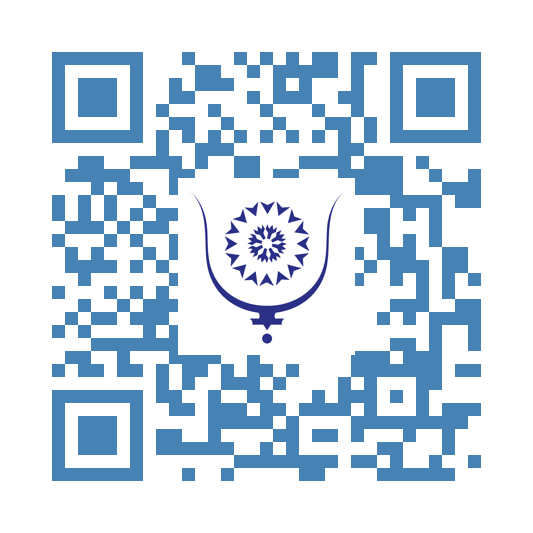Recognition of Palestine: Historic Gesture or Too Late?
166
The decision this week by several Western powers to recognize the State of Palestine could have been hailed as a founding moment in contemporary history. Coordinated and announced almost in unison, it seems to mark a decisive milestone in a conflict that has torn the Middle East apart for more than seven decades. Yet, between symbolic significance and concrete impotence, this gesture raises a dilemma: is it an act that will make history or a missed opportunity due to its tardiness? A recognition long awaited and especially delayed for numerous reasons, more or less understandable.
Since the proclamation of the State of Palestine by the PLO in 1988, at the behest of the most alert Arab countries, with Morocco leading the way, marking the transition from an armed struggle bordering on terrorism to a reliable entity, a political interlocutor and partner, more than 140 countries, mainly from the Global South, have taken the step of recognition. It is the Western powers, particularly European ones, that were slow to align. Yet, their political, diplomatic, and financial weight could have, in the 1990s or 2000s, influenced the intense negotiations then underway and given substance to the two-state solution promoted by the Oslo Accords.
By choosing to act today, in a context where the prospect of a viable Palestinian state seems more distant than ever, many facts having shifted on the ground, the Western powers appear to recognize more the legitimate cause of a people than they make it effective. The Oslo Accords have been bypassed and are now worthless. What remains is the symbolic weight of recognition.
However, it would be reductive to minimize the significance of this gesture. In the diplomatic arena, official recognition could be a major symbolic weapon: it would confer additional legitimacy to Palestine, strengthen its positions in international bodies, and create a political precedent. For Israel, it sends a clear message: the patience of its traditional allies may have eroded in the face of the deadlock of the status quo and the continued expansion of settlements in particular.
Unfortunately, it also reveals Western impotence.
Beyond the symbol, the reality remains harsh: Gaza remains under siege, the West Bank fragmented, and East Jerusalem under constant tension.
Without coercive mechanisms, without economic or diplomatic pressure, these announcements risk remaining a moral signal rather than an instrument of transformation. In other words, the West writes a declaration in history but without real control over its course, even though it is decisions by this same West that are at the origin of the extremely dramatic situation in the region.
So, what will we talk about after time has taken its toll? Has the West marked or missed history?
The recognition of the State of Palestine by these Western powers remains an important diplomatic step but also reveals a paradox: it comes at a time when the solution it was supposed to endorse seems more distant than ever. To make history is to act when action can change the fate of peoples. To miss it is to settle for observing, too late, what history has already decided.
The ambiguity is there: this is a gesture heavy with symbols but weak in concrete effects, and above all, a meeting probably too late to have the historical impact it could have had two or three decades ago.
It remains to address the Palestinians themselves: The numerous militant factions attached to unsavory causes and ideologies should cease their harmful game and all should align around an intelligent and achievable line. Palestinians should seize the opportunity with pragmatism and especially independence in their way of understanding, seeing, and acting. Perhaps this is the condition for these recognitions to weigh on the course of history.
Share:
Recognition of Palestine: Historic Gesture or Too Late?
copy:
https://bluwr.com/p/398552621
My Generation
287
I come from a generation that never knew electronic tablets. Our tablets were wooden boards, where we copied verses from the Quran, learned them by heart, and recited them before the fqih. A single mistake meant the sting of a stick, followed by the laughter of classmates.
We never begged our parents for toys. We built them ourselves—rolling bicycle rims with a stick for handlebars, imitating the roar of engines with our mouths, or crafting skateboards from wood and ball bearings. Our games were simple but endless: hide-and-seek, marbles, spinning tops.
We did not need private lessons. Our teachers were masters of their craft, teaching with passion and devotion. We discovered poetry, crossword puzzles, and the joy of words at an early age. Respect for elders was a rule, and care for the younger ones a duty.
Holidays were not for travel but for small jobs that earned us coins to buy books—Camus, Hugo, Balzac, and others that today’s youth rarely open. We lived fully in the real world, untouched by the virtual.
Our joys were simple: an old movie at the cinema, a homemade sandwich of tomatoes and peppers, afternoons at the public pool, or slipping into a football match just before the final whistle. One black-and-white TV channel was enough, and a transistor radio was a treasure.
We kissed our parents’ hands, respected teachers and policemen, shared our scholarship money with siblings, and saved schoolbags and textbooks for years. We listened to our grandmothers’ tales in the dark, our imaginations weaving monsters, heroes, and enchanted princesses.
We knew the Solex, the 2CV, the Dauphine, the R8. We wrote letters and waited for the postman as if he were a hero. Pocket money came only at Eid, and our first driver’s license only after our first paycheck. We grew up running errands, carrying bread to the oven, water from the fountain, groceries on credit in the neighborhood shop.
We learned values the hard way—through discipline, slaps, and the watchful eyes of parents, neighbors, and teachers. Elders were always right. We listened more than we spoke.
That is why my generation is so different from today’s. We are often misunderstood, dismissed as outdated—even by our own children. Yet I cannot help but feel that those who never lived what we did have truly missed something.
Dr. Fouad Bouchareb
All rights reserved
Share:
My Generation
copy:
https://bluwr.com/p/397255366
Media and Intellectual Nihilism: A Poison for Public Debate in Morocco
328
For some time now, a worrying phenomenon has been spreading in the Moroccan public space: the rise of a nihilistic discourse, sometimes fatalistic and in some aspects anarchistic, propagated by influencers, a certain football audience, journalists, some academics, and even political leaders. This discourse, marked by a radical rejection of any perspective or the multiple tangible signs of progress, reflects a troubling intellectual and civic drift. Instead of stimulating collective reflection and citizen engagement, it fosters distrust, resignation, and disenchantment with the country's future, its institutions, and perhaps even its mode of operation. The prevailing impression is that of a pessimistic trap with no exit.
This nihilism expresses itself through rhetoric saturated with despair and defeatism. Themes of health and education are overused as if they were completely at a standstill. Yet, tens of thousands of Moroccans are successfully treated daily in public hospitals, and all children attend school, many achieving spectacular success that draws admiration internationally.
The discourse reduces Morocco to a state of chronic failure, trapped by political, economic, and social blockages, condemned never to progress. Yet, such a radical and caricatural view obscures the real advances the country has made over recent decades: modern infrastructure, stability in a troubled region, and steady, even impressive, improvements in all social indicators.
Admittedly, these improvements remain insufficient and sometimes unevenly distributed, but outright denial amounts to ignoring the complexity of development, which no model—economic, societal, or political—has managed to resolve perfectly.
Unfortunately, voices spreading these views gain an audience and create a toxic climate for society. Mixed with ideology and unhealthy negativity, they often present religion as a political solution to all problems, while international experience disproves this.
The dissemination of such discourse has consequences. It fuels collective powerlessness and weakens trust in institutions. By instilling the idea that any reform effort is doomed to fail, it encourages social resignation and lays fertile ground for latent, undefined, and immeasurable anger. This context favors demagogic excess, media escalation, and the systematic rejection of any political initiative.
Ultimately, instead of awakening consciences, this nihilism plunges minds into ideological paralysis.
Young people are particularly threatened by this, already facing immense challenges like unemployment, limited access to opportunities, and the quest for social recognition. They are especially exposed to such disorienting messages. Deprived of positive role models, they are tempted toward fatalism, losing confidence in the future and renouncing any form of civic engagement. Yet, a society that despairs of its youth condemns itself to stagnation and decline.
Official media, hampered by lethargy, disconnection from reality, or an unjustified fear of taking risks—both from their leaders and journalists—do little to impose or at least propose an alternative discourse of lucidity and hope.
This is not to deny Morocco’s real challenges: corruption, social inequalities, incompatibility of the education system with modernity, unproductive universities in knowledge and innovation, health system exclusions in some regions, lack of effective governance in many sectors, excessive administrative weight, among others. But these challenges cannot justify an exclusively bleak interpretation of reality.
The responsibility of intellectuals, journalists, and media figures is to propose a critical but constructive vision.
The urgency is to rehabilitate a discourse of balanced lucidity, which recognizes blockages while valuing progress margins. A discourse that denounces failures without annihilating hope. A discourse that highlights shortcomings but also offers solutions. A discourse that holds citizens responsible, that critiques their initiatives and behaviors, that highlights their rights but above all their duties and obligations.
The prevailing nihilism that settles in parts of Moroccan public debate is a slow but dangerous poison. It undermines trust, deepens social fractures, and diverts youth from constructive action and responsibility. Morocco needs critical but responsible voices capable of nurturing a collective project founded on trust, innovation, and the will to build. Without this, society risks locking itself in a vicious circle where cynicism suffocates imagination and inertia becomes inevitable.
Long ago, some were convinced the country was bankrupt; they spoke of an imminent "heart attack." Nothing of the sort happened. On the contrary, the country has advanced, continually progressing, modernizing, and developing. Morocco is increasingly asserting itself in economic emergence and social development, which must not be denied.
Share:
Media and Intellectual Nihilism: A Poison for Public Debate in Morocco
copy:
https://bluwr.com/p/396670336
The Alleys of Marrakech
350
The Alleys of Marrakech
Whether on foot or by carriage
They are magnificent, the alleys of Marrakech.
What a pleasure to wander through these shaded paths,
Changing my route each time I pass.
I mingle with the crowd,
The atmosphere is lively, the spirit proud.
The Marrakchis are funny, always cool,
Full of charm, they follow no rule.
The Spice Square feels like a spell,
From the terraces above, the view is swell.
It leaves romantics lost in dreams,
Where everything is more than it seems.
Herbalists sell their fragrant spices,
Pets abound, with no disguises.
Once at Jemaa el-Fna, everything bursts in color,
Scents rising everywhere, one after the other.
Different dishes with countless flavors
Are served here, to everyone’s favors.
A true delight,
A magical sight,
A festival of culinary art,
From a millennial cuisine with heart.
The snakes taunt the curious who stare,
Cobras bare their fangs to the air.
Only the flute’s enchanted sound
Can soothe their ardor as it floats around,
Amusing eyes that watch with glee—
The charmers’ dance, their mystery.
Mischievous monkeys, bold and sly,
Beg for peanuts or coins to buy.
They leap, they spin, they clown around,
Acrobats playing for the crowd.
Fruit juices please the wandering souls,
But as for me—I love the snails.
The tooth-pullers draw in the reckless,
With makeshift pliers, their work is merciless.
Molars and canines, pulled without care,
No anesthesia, just cries in the air.
A pitiful trade,
For those betrayed
They’ll return again someday,
Hoping dentures will ease the pain away.
The café terraces all around
Are filled with life, night and day bound.
Different melodies blend and collide,
In the square, a noisy tide.
The clamor echoes, wild and strange,
A soundscape that never seems to change.
And when I head back, my mind still rings,
With the echoes that this city brings.
I know tomorrow I’ll return again,
On foot or by carriage, it’s all the same.
To these mythical places, where magic flows,
Marrakech, your charm forever grows.
Dr. Bouchareb Fouad
Marrakech, March 17, 2023
All rights reserved
Share:
The Alleys of Marrakech
copy:
https://bluwr.com/p/396374521
Age Is Just a Number
387
Age is nothing but a number,
Just the count of candles burning bright.
On this fourth day of December,
Sixty-eight flames light up my life.
They melt away like gentle magic,
Their wax flowing quietly down the candlesticks.
Shy as maidens, they reveal themselves,
Casting soft shadows
Across the four walls of my room—
Choreographing the loveliest of dances
To the rhythm of a tender melody,
As I sway with them in every direction.
They awaken my journeys,
The memories of the film of my life—
Moments of joy once savored,
And painful chapters overcome.
Sixty-eight candles still shine upon me.
But how many remain in the treasury of my years?
One? Two? Ten, or twenty?
Only God holds the answer.
They say age is just a number.
Yet the further we go along life’s path,
The more we sense the day when all will cease.
For me, only the present moment counts.
Eternity is not mine to claim—
Only God is eternal.
What matters is guarding the wealth of health,
And taming the burdens of illness.
Sixty-eight candles brighten my world,
And I choose to savor this moment
Now, and only now.
Dr. Fouad Bouchareb
All rights reserved
Wednesday, December 04, 2024
Share:
Age Is Just a Number
copy:
https://bluwr.com/p/395939889
The man of no conviction
463
Some people are born to run fast, some to write stories, and some to fill empty space. Empty space fillers come in many shades: normies, NPCs, consultants, and so on. The one we're discussing today is the Man of No Conviction. Let's dress up a portrait:
The Man of No Conviction never fights for anything. He's too cool for that. Changing things is for suckers who watched Naruto and took it too seriously. You can't be a Man of No Conviction if you're stupid. Thankfully, all Men of No Conviction happen to be smart, or at least smarter than those retards who try to do something about anything.
When born in a position of weakness, the Man of No Conviction immigrates. Playing life on hard mode is for suckers. But he's not a sucker, he's a born winner. Not because he actually wins, but because he never allows himself to think that he's lost. This type of behavior is apparent when The Man of No Convictions plays games: If he's losing at fifa, he'll start scoring against himself to deny his defeat. If he's playing a tabletop game, he'll go take a smoke the moment he stops winning and never come back.
So the Man of No Convictions usually switches servers (one needs to be comfortable while having no convictions) but his operating system never changes. His only allegience is to his undying belief that nothing is worth fighting for. If it's not easy, why even bother? A lot of immigrants are men of no conviction; that's why you never see them in protests to better the country that they move to. For the ruling class, these guys are a wet-dream. They can screw them over as much as they please. When things get too bad, they will finally listen to the racists, pack up their stuff and go back to their country. For the sociopathic elite, increasing the number of Men of No Conviction, either through demotivation or importation, provides a high that's only rivaled by dodging taxes and f**king children.
The main issue with the type of guy we're talking about isn't that he's selfish. It's that he is irrationally selfish. Even when the status quo does not benefit him, he cannot fathom the idea of doing something about it, especially if it involves other people. Collective action is always more effective at enacting change than individual efforts. But since he's usually in a position of weakness, collective action implies that there is a greater good. Ideas like altruism and greater good are obviously for faggots, so it's a hard pass. The Man of No Conviction does not go to protests, does not sign petitions, does not believe in charity, and does not even complain about how fucked things are. Actually, he secretly wishes he was one of the people responsible for how fucked things are. His ideal jobs range from drug dealer and cigarette marketer to Blackrock executive or corrupt dictator. After all, a flexible moral disposition is one his greatest strengths.
A lot of people in my generation are increasingly adhering to this persona. That's why e-commerce Buggati influencers are so popular. Gary Stevenson, ex-brokey turned ex-trader turned influencer, put it beautifully : " when you win at life, you win against the people competing with you. The people you grew up with and surrounded by. You leave these people behind and move on to compete with other people". In his case, he loved his people and decided to go back to help them out by starting a movement to tax the rich. To the Man of No Conviction, moving up in society is good especially because it allows him to look down on those who were his peers before. It is the ultimate validation for his way of life. A wonderful life of walking down the beaten path traced by various intelligence agencies and unbeatable power structures.
If your parents are like that, god forbid they try to give you a better life than the one they had. If your coworkers are like that, god forbid you get together to defend your common class interests. If you friends are like that, god forbid you ever ask them to do anything for you that requires more than the slightest bit of effort. Of course, if you call out a Man of No Conviction for who he is, he'll retreat to mockery (you are lame for trying to change things), blame shifting ( they never agreed to the basic expectations your relationship implies), and gaslighting (you're the one who started this).
Next time we'll discuss the exact opposite archetype : the woman of too many affiliations.
Share:
The man of no conviction
copy:
https://bluwr.com/p/394944231
Narcissism at its Extreme
495
How handsome he is,
the man with the hat!
A true Sagittarius,
one of a kind,
dignified and bold,
fantastic,
funny,
extravagant,
enigmatic,
mysterious,
curious,
a dreamer,
gentle
and rebellious at the same time.
For his family, he is an idol,
for his colleagues, he is kind and witty,
for his friends, a center of gravity.
His days overflow with activity.
He defies every law.
A piercing gaze,
commanding respect
and regard.
Sociable,
and rather helpful.
A sly smile
never leaves indifferent
those who cross his path.
Some admire him,
those who fight him end up retreating.
His beauty can be seen from afar,
though faded in certain corners.
Beneath his bright hat he conceals
secrets,
mysteries,
dreams,
and desires.
His charisma is real,
a gift from heaven.
His elegance envies no rival.
A hidden strength,
a star that sings in the heart of a lost night,
a love song from the past
that defies infinity—
and it is better this way.
Other stars,
dazzled and amazed,
in a serene sky,
repeat their refrains
while awaiting the break of dawn,
the rising of the sun,
and the warmth of its rays, one after the other.
His kindness is legendary,
his friendship exemplary,
his reputation crosses borders
and rivals his peers.
Dr. Fouad Bouchareb
All rights reserved
Agadir, July 17, 2025
Share:
Narcissism at its Extreme
copy:
https://bluwr.com/p/394604416
The Barefoot Doctors
608
A French text left a lasting impression on me during my first year of secondary school at Lycée Moulay Ismail in Meknes. It was even decisive in my early choice to pursue medical studies.
My French teacher, Mr. Rossetti, had assigned us to summarize an article entitled The Barefoot Doctors.
I was deeply fascinated by the story of these Chinese practitioners, so named, who tirelessly traveled across their vast country to provide care to local populations. They braved harsh living conditions but fulfilled their mission with remarkable dedication and selflessness. They never complained, nor did they ever ask for money in return for their services. Their practice was one of proximity, modest in its means, but essential, effective, and invaluable for vulnerable communities—poor, yet dignified and grateful. Their working days were long, often exhausting, and the climate conditions harsh and extreme.
After completing my medical studies, and following a brief experience in the private sector, I chose to embrace a career in public health. I too wanted to become one of those barefoot doctors. My decision had been made long before, and my dream finally came true on November 8, 1983, just after the commemoration of the glorious Green March. For me, it was a sign of destiny.
During more than thirty-three years of service in public health, I had the privilege of working alongside many wonderful doctors who, like me, had chosen this path. Several were from my cohort at the Faculty of Medicine in Rabat—an exceptional class—others were older, and still others were younger colleagues who later joined our ranks.
These physicians were the true barefoot doctors. They chose to serve Moroccans in remote areas where living, housing, and working conditions were extremely difficult. Salaries were meager. Yet greed and corruption had no place. The rare deviations were quickly identified and corrected by peers. Absenteeism was forbidden, and leave was short. Very soon, a relationship of trust and symbiosis developed between the doctors and the local populations. Many lived for years in these remote regions without ever considering leaving.
Some of them took part in health campaigns and medical coverage operations without ever requesting compensation. Many died in total anonymity, fighting epidemics—the Covid-19 pandemic being a striking example. Others live today in modest, sometimes precarious retirement, but remain dignified and proud of the duty they fulfilled.
It is precisely this kind of practitioners that our country lacks today. These are the doctors Morocco needs: the barefoot doctors.
Dr. Fouad Bouchareb
Former Senior Official, Ministry of Health
Rabat, September 25, 2025
All rights reserved
Share:
The Barefoot Doctors
copy:
https://bluwr.com/p/393271536
At 80 years old, the UN wavers between its founding ideal and tragic impotence…
712
As every year, at the end of September, the opening of the General Assembly seeks solemnity, and is often described as historic. But is the world really gathered here to decide its future? Is it truly within these walls that decisions that matter are made? As always, it falls to the Secretary-General to make the assessment and take stock.
Before the General Assembly in New York, the Secretary-General of the United Nations once again gravely recalled the primary purpose of the Organization, born 80 years ago as a bulwark against chaos, war, and barbarism. The UN, he stressed, has never been an abstract ideal, but a pragmatic tool to safeguard humanity’s survival through three pillars: cooperation, law, and peace. Yet the tone, the words, and the expressions of the valiant Secretary-General left no doubt: he is powerless, and his organization is withering. One could sense he himself was shaken by the bleak diagnosis he delivered about our times.
This founding reminder was followed by an implacable assessment: the principles of the UN Charter are increasingly flouted. Wars, invasions, famines, and climate crises are multiplying. From Sudan to Ukraine, from Gaza to the Sahel, deep in Africa, conflicts take root and drag on, with hardly a glimmer of hope for a just resolution. Whole generations will bear the mark. The scars will not fade any time soon. Truth and human dignity are instrumentalized, while social and environmental fractures deepen.
With a tone mixing lucidity and anxiety, the Secretary-General posed the question underlying his entire speech: *“What world will we choose?”*
He then shifted into a more diplomatically acceptable address, tinged with a hint of optimism. True to his role, he outlined five crucial choices for the future. Will he be heard? He knows perfectly well the answer is no.
**1. Peace rooted in international law.**
He called for condemning violations of the Charter and the impunity of aggressors. He pleaded for ceasefires, an end to foreign interference, and a reform of the Security Council. Yet that very evening, bombs would still fall, and innocent bodies would still litter the ground.
**2. Human rights as the foundation of peace.**
Equality, dignity, and social justice were placed at the heart of the speech. But are we truly equal before the law? Who still believes it?
**3. Climate justice.**
Weary, the old man reminded the Assembly of the urgent need to accelerate the energy transition, denouncing fossil fuel subsidies and pointing to the colossal financial needs of the Global South: $1.3 trillion per year by 2035. But what is that word “justice” worth in a world where the president of the leading scientific, economic, and military power dismisses renewable energy as a “scam”? Who is to be believed?
**4. Technology in the service of humanity.**
Artificial intelligence was cited as a major challenge: a promise of innovation, but also a risk of autonomous weapons, mass surveillance, and new digital divides. He called for a universal framework of governance. But who will respect it, other than those already respecting the rules?
**5. Strengthening the UN for the 21st century.**
The Secretary-General denounced the glaring imbalance between military spending and investments for peace, calling for a renewed and effective multilateralism. Yet in this hall designed to gather humanity around universal values, who is still listening? Is multilateralism not dying a quiet death, abandoned by the great powers themselves?
The speech was meant to be solemn and mobilizing. Words were carefully chosen: impunity, chaos, famine, horrors. Rhetorical questions and binary oppositions (“brute force or laws?”, “the law of the strongest or universal rights?”) punctuated his address. Through the collective *“we”*, António Guterres recalled the preamble of the Charter: *“We, the peoples of the United Nations.”*
But, like a weary sage, he mostly sketched a political and moral roadmap. As a lucid man, he knows his speech will change nothing. He has done his duty. He absolves himself.
This speech, to which only tears were missing, was not just an assessment, but a call to action. It sought to reaffirm the central role of the UN and to underline that the challenges of our time—wars, climate, artificial intelligence, human rights—transcend borders.
Between the lines, the central message was clear: revitalizing multilateralism is not an ideological option, but a vital necessity. But vital for whom?
Facing a fragmented world, the UN wishes to become once again the voice of unity and hope. But to whom is this message addressed, if not to the powerful who stopped listening long ago? The rest of the world will applaud. Future generations will judge.
*“Le machin” (“that thing”), as De Gaulle once called it, has never seemed so powerless.*
Now comes the turn of the fine speeches of those present. Speeches carefully written by scribes and *performed* by a few actors and many extras. In any case, see you next year—no doubt with more injustice, more suffering, more lawlessness, more tragedies, and more meaningless deaths.
Share:
At 80 years old, the UN wavers between its founding ideal and tragic impotence…
copy:
https://bluwr.com/p/392291615
“Peace and Return with Dignity”: A Sahrawi Collective Calls for Voluntary Return to Morocco
765
Founded in June 2025 in Nouadhibou by Sahrawis living in Mauritania, Europe, and the Tindouf camps in Algeria, a collective named “Peace and Return with Dignity” seeks to promote the voluntary return of “refugees” to Morocco. Under the leadership of Badi Abdelaziz—who presents himself as a former separatist military cadre turned opponent of the Polisario Front, the group issued an appeal in September 2025 to the Moroccan authorities, requesting facilitation of repatriation for Sahrawis under safe and dignified conditions. While Moroccan press outlets relayed this initiative, it has remained largely absent from the media in the neighboring country and its proxy, for obvious reasons.
The collective denounces the “difficult” and “inhumane” conditions endured by populations in the Tindouf camps, blaming the Polisario’s oppressive administration and calling for guarantees of safety and dignity for those wishing to return. This initiative highlights both humanitarian concerns already raised by several NGOs and the voices of Sahrawis themselves seeking to break free from dominant structures (the Polisario Front and the Algerian military authorities). The stakes are therefore both humanitarian and political.
According to Badi Abdelaziz, the initiative aligns with the recommendations previously emphasized by Morocco’s UN ambassador, Omar Hilale, who underlined that "refugee" return requires an official census, a demand made for years by the UN High Commissioner for Refugees (UNHCR) but never carried out, blocked by Algeria’s military junta. A census is considered a prerequisite to identify those eligible for return. As widely known, not all those held in Tindouf originate from the region. The collective therefore aims to ensure a transparent and rights-based return, while challenging the Polisario’s political control over the camps.
The population, weary of harsh living conditions, is increasingly aware of the false propaganda and of its exploitation by the Polisario separatists for agendas far removed from official rhetoric. UN agencies, in their Sahrawi Refugees Response Plan 2024-2025, estimate funding needs at nearly USD 104 million to assist those held in Tindouf, underlining their total dependence on international aid. These figures reflect the gravity of the situation, which fuels both diplomatic and humanitarian debates on the so-called Western Sahara issue, especially as many reports, backed by evidence, stress the systematic diversion of aid.
The group’s call must also be seen in the light of the geopolitical evolution of this dossier with its multiple regional and international ramifications.
The international community, and major powers first and foremost, are weary of the situation Algeria created and continues to maintain at exorbitant cost, at the expense of its own development, the well-being of its people, and regional security.
In this context, the roles of Mauritania and Algeria are central. Mauritania, though relatively neutral, nevertheless hosted and tolerated the launch of this collective in Nouadhibou, perhaps signaling a shift or a willingness to open more pragmatic dialogue. Algeria, on the other hand, remains the Polisario’s staunchest political and military backer. The reality today is that Algeria’s military junta uses this conflict to boost regional influence, counter Morocco’s growing weight, and above all export its failures and chronic shortcomings, despite the country’s immense wealth.
The Morocco-Algeria rivalry, fueled solely by Algiers, is further exacerbated by this issue, blocking regional progress such as Maghreb reunification and broader economic integration. The conflict hampers cooperation on trade, security, and migration, at a time when the region faces shared challenges like terrorism, irregular migration, and climate change.
International actors also play a pivotal role and increasingly seem eager to fast-track a resolution. The United States, France, Spain, the United Kingdom, and other EU, African, Asian, and Latin American countries have clearly aligned with Morocco’s position, recognizing the Moroccan sovereignty of the territories in question on the basis of factual and objective arguments. The recent visit of Minister Bourita to Beijing also appears to support this trend.
Officially, however, the status quo remains, at least until the next UN Security Council meeting on the matter. Morocco has consolidated its network of support thanks to its autonomy plan, arguing that it represents the realistic solution that respects territorial integrity and national unity. This proposal appeals to partners faced with the chimera of independence promoted by Algeria’s proxy.
Security considerations weigh heavily as well. The Sahara is a strategic corridor for drug and arms trafficking, raising alarms among Western powers. Stability in the area is therefore crucial not only for local populations but also for regional and international security.
The “Peace and Return with Dignity” collective thus offers a fresh internal perspective: a significant portion of Sahrawis rejects prolonging the conflict at the cost of continued suffering. Its endorsement of autonomy within the Kingdom and its clear call for voluntary return are signals that cannot be ignored in the regional diplomatic calculus.
Still, it remains difficult to assess the collective’s exact representativeness compared with other factions, whose influence and independence are often hard to gauge. Moreover, the regional context, marked by tensions such as those between Mali and Algiers, contradictory interests, and major security challenges, continues to complicate rapid progress.
In the meantime, those held in Tindouf camps continue to live in precarious conditions, underscoring the urgency of reinforced humanitarian action. Only Morocco’s proposed political framework ensures rights and respects the dignity of the affected populations. Balancing political settlement, strategic ambitions, and humanitarian urgency remains the key to unlocking this protracted issue, one whose resolution will largely shape the future stability of North Africa. It is in this context that upcoming Security Council debates on this artificial conflict, which has dragged on for far too long, should take place.
Share:
“Peace and Return with Dignity”: A Sahrawi Collective Calls for Voluntary Return to Morocco
copy:
https://bluwr.com/p/391399183

